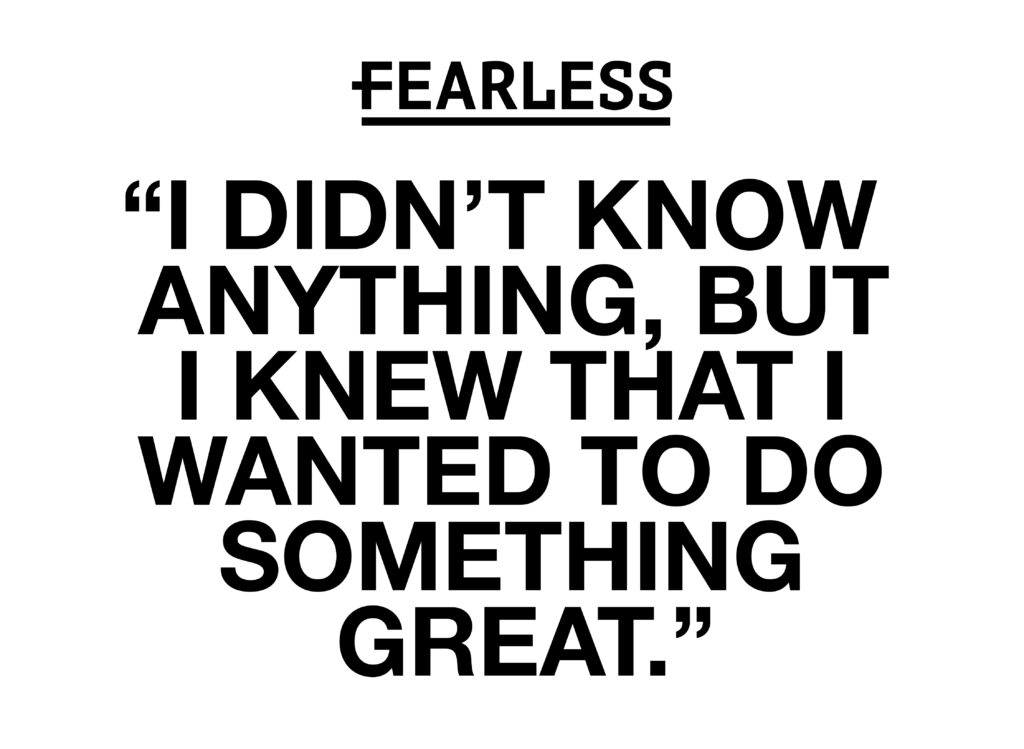The Elbert Files: K.C.’s ‘standing army’ question

My friend K.C. was walking west on Grand Avenue near 44th Street when we met one day last week. It was right after Jeb Bush and Donald Trump had announced for president, and K.C. was deep in thought.
He looked up as we got closer. “You used to cover politics,” he said.
“Yes, but that was a long time ago,” I replied. “The last election I covered was Terry Branstad’s first run for governor in 1982.”
“It doesn’t matter,” he said. “You know how elections work. Why don’t candidates talk about anything meaningful?”
“They do sometimes,” I said. “But real issues are complex and don’t make good sound bites. Besides, reporters know they’ll get more people to click on their online stories if they write about things that are goofy or sensational.
“It’s why you see phrases like ‘Jeb unfiltered,’ or quotes from Trump criticizing Bush’s wardrobe,” I said. “The idea is to make people think they’re getting up close and personal, when the truth is most reporters don’t have a clue what candidates really think.
“But,” said K.C. with a hint of irritation, “who chooses what they talk about?”
“Mostly the candidates and their handlers,” I said. “If someone asks a question that’s not on their agenda, they talk around it until it goes away, which it usually does.”
“Well, I’ve got a question that I wish someone would ask,” K.C. said.
“What is it?” I asked.
“Why do we have a standing army?” K.C. said.
“For most of our history the United States has not had a standing army,” he said. “When a big conflict came along, like the Civil War or the world wars or even Korea and Vietnam, we’d have a draft.
“The founding fathers hated the idea of standing armies,” he said. “It’s what the British used to maintain control here and around the world, and we didn’t like it,” he said.
“Actually,” I said, “I don’t think the founders cared what the British did with their armies around the world. It was just that they didn’t want British soldiers ordering them around here.”
“Close enough,” K.C. said. “The point is the founding fathers opposed the idea of standing armies. Even George Washington recognized the danger, and he was a military man.”
“James Madison was even more adamant,” I said. “He knew that if you had a standing army, you’d want to use it. He believed that countries that were always going to war ended up destroying themselves. Madison once wrote: ‘No nation can preserve its freedom in the midst of continual warfare.’ ”
“He was right,” K.C. said.
“How long have we been fighting this war on terror?” K.C. asked.
“If you use Sept. 11, 2001 as the starting point, it will be 14 years this fall,” I said.
“You do the math,” K.C. said. “The Revolutionary War lasted eight years, the War of 1812 was three years, and the Civil War was four years. We were in World
War I for less than two years, World War II for four years.”
“Those were the big ones,” I said.
“They were the ones we won,” K.C. said.
“Today,” he said, “we have a professional military — a standing army, if you will — deployed all over the world fighting wars and police actions. We say we’re defending democracy, but it’s really big oil that we’re protecting.
“In the meantime, we’re chipping away at our own freedoms at home,” he said.
“I’m no isolationist,” K.C. said, “but I do believe we need an honest discussion about why we have a standing army and what we expect it to achieve.
“I wish someone would ask Jeb Bush or Hillary Clinton or any of the candidates that question,” K.C. said as he walked away.










